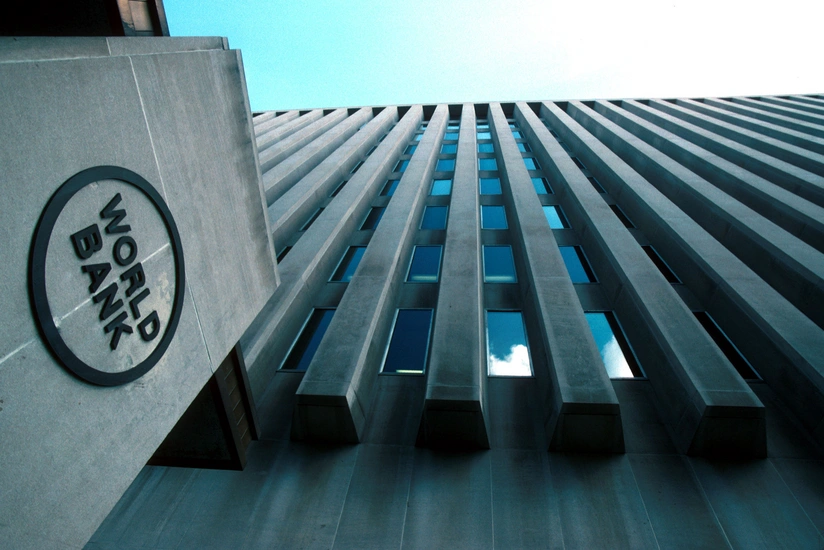WB: Country Private Sector Diagnostic for Azerbaijan to offer new opportunities for economic development
- 08 May, 2021
- 09:45

The World Bank (WB) is ready to annually allocate loans for $300-500 million to Azerbaijan through the International Bank for Reconstruction and Development (IBRD), Report informs referring to the WB.
The WB Group’s operations in Azerbaijan are governed by the Country Partnership Framework (CPF) approved in 2015, which has been extended until fiscal 2021 (expires on June 30 this year).
The World Bank Group’s (WBG) engagement in Azerbaijan is guided by the Country Partnership Framework FY16-20. The Performance and Learning Review re-affirmed the priority areas of the CPF and extended it to FY21.
The two priority areas of Public Sector Management and Service Delivery and; Economic Competitiveness, are aligned with the country’s strategic goals of reducing Azerbaijan’s dependence on oil and gas and strengthening its resilience to external shocks through investments into human capital, physical infrastructure, and stronger institutions.
Since 2015, five new investment projects totaling $1.2 billion, including TANAP, have been delivered. The CPF allows for adequate flexibility to respond to emerging needs and priorities, the bank said.
The WBG program in Azerbaijan for FY20 and FY21 has not required an adjustment; the original lending envelope remains unchanged. Two IPFs - Additional Financing for the Judicial Services and Smart Infrastructure Project and Employment Support Project - approved in March 2020, cover areas that are critical during and post-pandemic and have a focus on job creation and digitalization.
The Additional Financing for the Judicial Services and Smart Infrastructure Project ($50 million IBRD) supports digitalization and remote access, enhancing the citizens’ capacity to receive online services in the situation of restricted mobility, which is particularly relevant in the context of COVID-19.
The ongoing Azerbaijan Employment Support Project ($100 million IBRD) contributes to improving access to employment and expands income generation opportunities for IDPs, refugees, women, youth, persons with disabilities, and those in need of social support. Project activities such as skills training, asset transfers, and matching grants support livelihoods and promote micro-enterprises in the post-COVID-19 recovery context.
The South Caucasus Smart Villages Program has developed a framework for Government to support inclusive COVID-19 recovery, notably related to the use of digital technology for rural development and connectivity, and for more efficient, greener and less infrastructure-heavy approaches to building back better. Under the new phase of the SECO-funded Tax Reform TA, the Bank will assist the State Tax Service with developing and implementing emergency and business contingency plans to respond to the COVID-19 crisis.
With its focus on ICT infrastructure, FinTech and Soft Logistics, the forthcoming Country Private Sector Diagnostic (CPSD) for Azerbaijan will support effective design of COVID-19 recovery initiatives, investments in sectors that have risen in prominence during the global pandemic and offer new opportunities for economic development in the country.
